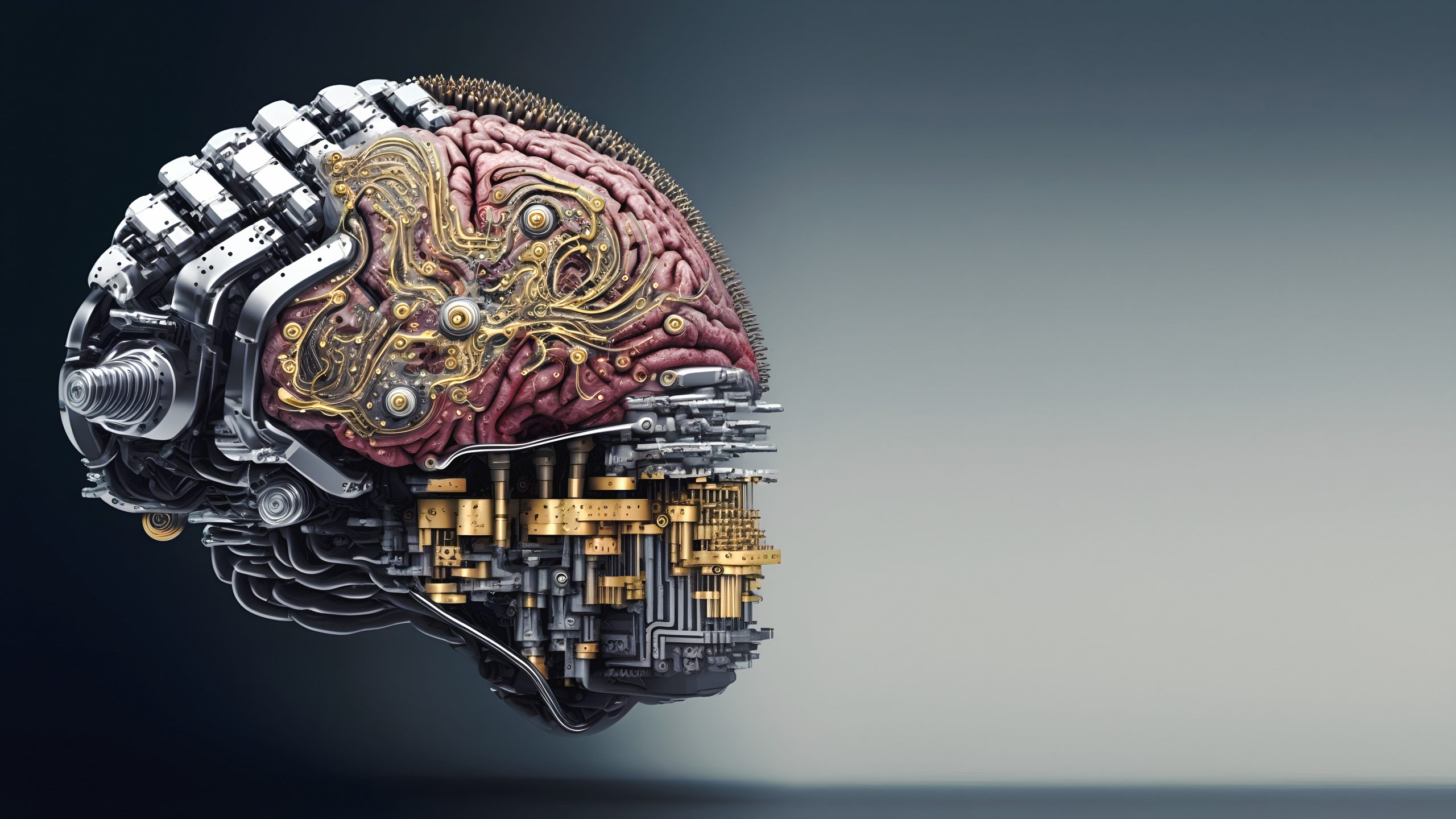
By Connor Olsen
On paper, a FDA-approved futuristic device that can drastically improve quality of life while simultaneously keeping humans up to speed with artificial intelligence seems like it could be the best thing that has ever happened to society. Elon Musk announced his plans for Neuralink in 2017 with the initial goal of helping people with disabilities. His true intentions are beginning to come to light as the Neuralink project advances.
In May of 2023, Neuralink began recruitment for human trials, bringing more publicity and, in turn, scrutiny to the company. Last month, the chip was implanted in the first human subject.
Musk has mentioned his implementation of artificial intelligence in the vision of his goals for Neuralink, raising questions about where this company's motives lie. These questionable motives are complemented by questionable execution, as the animal trials have led to multiple euthanizations. Even if the company's motives and execution were perfect, Musk of all people should not be the one with all this power given his history.
Artificial intelligence is already an extremely controversial topic. The threat of job loss, human reliance and socioeconomic inequality loom as AI continues to rapidly advance.
The most basic vision for Neuralink was shared on a company blog announcing the start of recruitment for in-human clinical trials: The chip will be surgically implanted by a robot in the part of the brain that controls movement intention. The chip will then record and send brain signals to an app with the goal of “enabling people with paralysis to control external devices with their thoughts.” The initial objective is “to grant people the ability to control a computer cursor or keyboard using their thoughts alone.”
While this can be a huge step in functionality for those with paraplegia, it begs the question of where this all ends. Vox recently reported that Musk said the ambition of his company is “to achieve a symbiosis with artificial intelligence.”
“The goal is to develop a technology that helps humans ‘merging with AI’ so that we won’t be ‘left behind’ as AI becomes more sophisticated,” the article read.
Although it is almost inevitable that AI will continue to play a larger role in the daily lives of humans in the future, granting certain humans direct access to it through their minds is a step too far. Human creativity, emotions and even thoughts would be working in tandem with AI. This would destroy human originality and give those who have Neuralink an extremely unfair advantage. Human thoughts and intelligence will be streamlined to near perfection for those who can afford the technology, widening the socioeconomic gap.
While Musk’s vision of helping those with life-altering disabilities is a truly noble cause, Neuralink’s shaky track record with animal testing raises concerns. At least a dozen monkeys went through severe trauma that led to their euthanization, according to WIRED reports from investigative journalist Druhv Mehtrona, public records reviewed by the publication and interviews with former employees and current researchers at the University of California Davis. Veterinary reports from the California Primate Research Center stated that a female test monkey “was uncomfortable, picking and pulling at her implant until it bled, she would often lie at the foot of her cage and spend time holding hands with her roommate. … Staff observed that she would shake uncontrollably when she saw lab workers. Her condition deteriorated for months until the staff finally euthanized her,” WIRED reported.
If you can get past the questionably ethical treatment of animal test patients, the results of the study are absolutely alarming. This monkey went through unbearable pain that led to her death and was, unfortunately, one of many victims of these tests. Hopefully, the human patients will meet a different fate than our fellow primates.
Even if the trials go perfectly and this product truly provides an extreme increase in quality of life for the blind and paralyzed, Neuralink will be controlled by Musk. Musk has many achievements in multiple fields, but his past isn’t anywhere near perfect.
Questions about his character arose at Tesla when The New York Times reported “Employees have alleged rampant racial discrimination, sexual harassment and unsafe practices.”
While these allegations have not been proven in court, I believe that where there is smoke, there is often fire. Would you trust someone capable of doing such things to essentially be in control of a device that is inside of your brain?
Musk will have the power to determine the future of mankind’s relationship with AI if Neuralink becomes popular and accessible. I would not trust anyone with this almost divine power — certainly not Elon Musk.
Luckily, this progression of Neuralink technology can be mitigated by almost anyone. Something readers can do to help is spread awareness, as Neuralink is relatively underreported and rarely discussed. Another action that anyone can take is to petition the FDA, Federal Communications Commission or Institutional Review Boards against Neuralink.
Once the human trials are over and potentially successful, it will be up to these government organizations to approve the product for the market. With enough public outrage and protest, their opinions should be swayed against Neuralink.
Connor Olsen is a sophomore at CU Boulder studying business with an emphasis in marketing. He is interested in sports, artificial intelligence and music. Olsen spends most of his time enjoying the outdoors by fishing, snowboarding and camping every chance he gets.
This opinion does not necessarily reflect the views of Boulder Weekly
